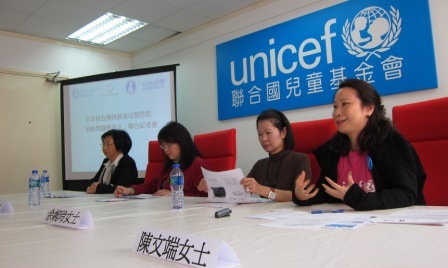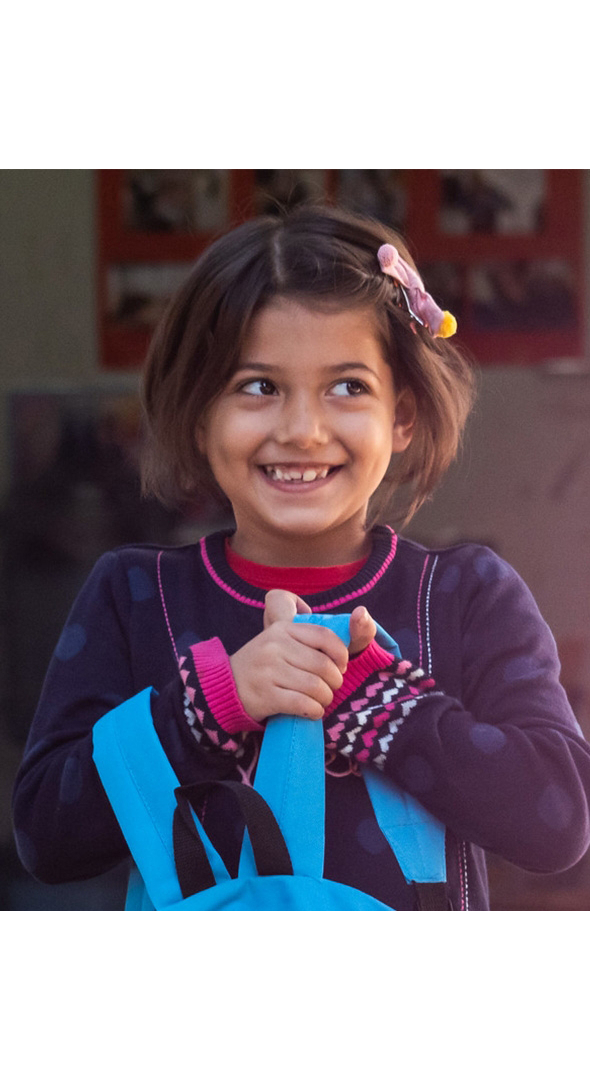Japan’s nuclear crisis sparks panic buying of milk powder in Hong Kong Developing a “Breastfeeding Friendly City” as a long term solution
2011-03-26
 |
In fact, many mothers in Hong Kong are well aware of the benefits of breastmilk, but the lack of a favourable environment in the community has laid obstacles in mothers’ path to sustained breastfeeding. This leads to a heavy reliance on formula milk in Hong Kong and puts parents and babies in a series of baby food crises. Dr Patricia Ip, Chairman of UNICEF Baby Friendly Hospital Initiative Hong Kong Association, pointed out, “To solve the root of the problem, every sector in society, including the Government, health, business, parents and every citizen have a role to play in reducing Hong Kong’s heavy reliance on formula milk. It is time we opt for breastmilk, the safest and most reliable, to nurture our future generations.” |
Besides healthier mothers and babies, breastfeeding also ings about many surprising benefits, which include comforting affected mothers and babies in emergency situations. Ms Irene Chan, Chief Executive of the Hong Kong Committee for UNICEF pointed out, “Breastfeeding is especially important during disasters. Not only does it prevent respiratory and gastrointestinal illnesses of babies caused by unclean water sources, it also eases both the mother and baby’s psychological stress and emotional distress.” UNCIEF is currently working with pro-eastfeeding societies in Japan to help affected mothers to continue breastfeeding and even re-lactate, ensuring their rights to the benefits of breastfeeding.
On the other hand, breastfeeding also contributes to considerable economic benefits. A US research showed that the cost of purchasing formula may be almost twice the cost of the additional food intake required by breastfeeding mothers, amounting to a net cost of US$885 (HK$ 6,903) during the first year of an infant’s life. Other researches also indicated that breastfeeding can substantially lower public healthcare expenses as well as medical claims.
To ensure a better and healthier start for Hong Kong’s future generations and to promote economic development, UNICEF Baby Friendly Hospital Initiative Hong Kong Association, the Hong Kong Breastfeeding Mothers’ Association, La Leche League Hong Kong and the Hong Kong Committee for UNICEF joined hands at the press conference to urge the government to develop Hong Kong into a “Breastfeeding Friendly City” and offered the following 6 recommendations:









